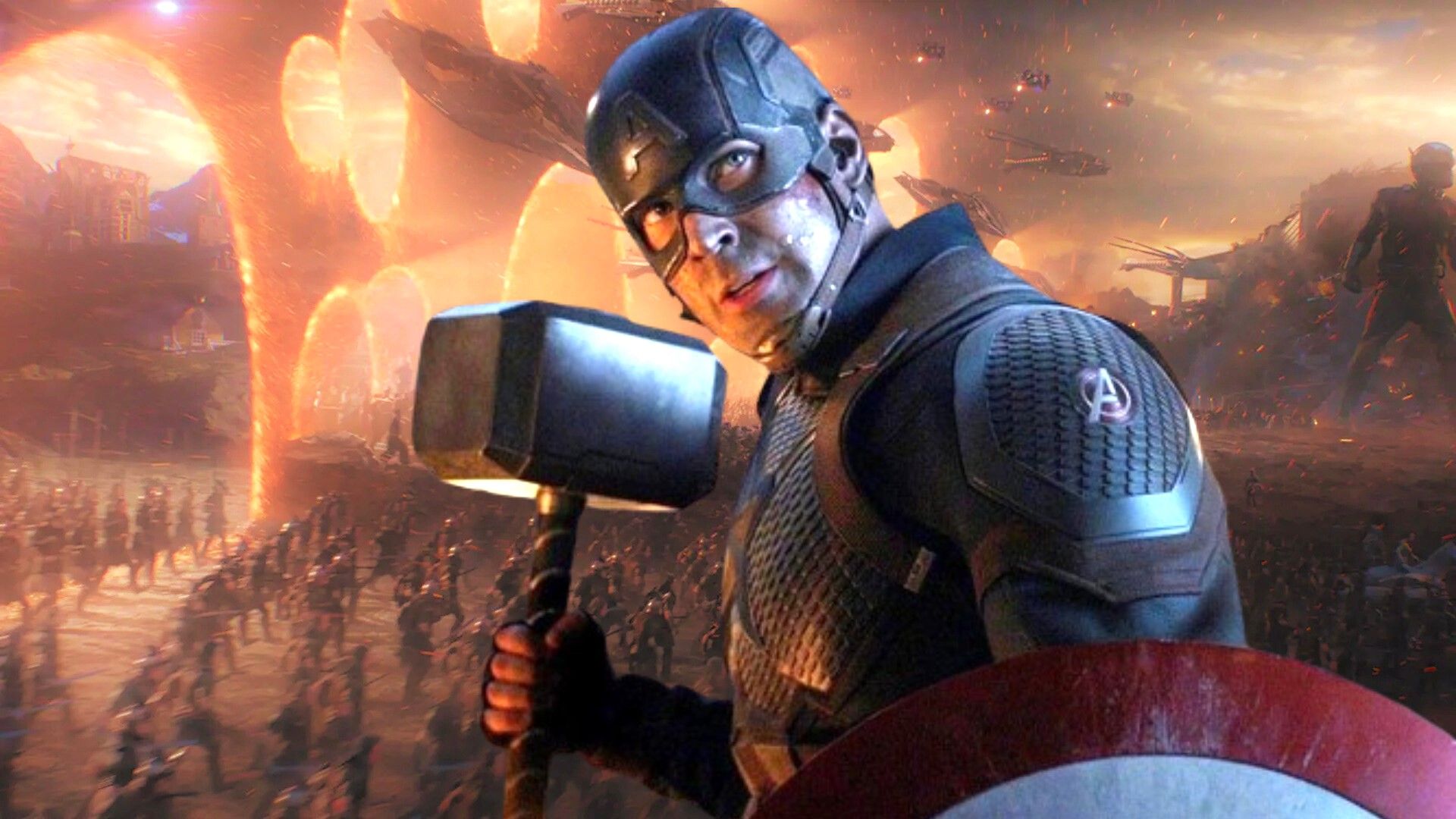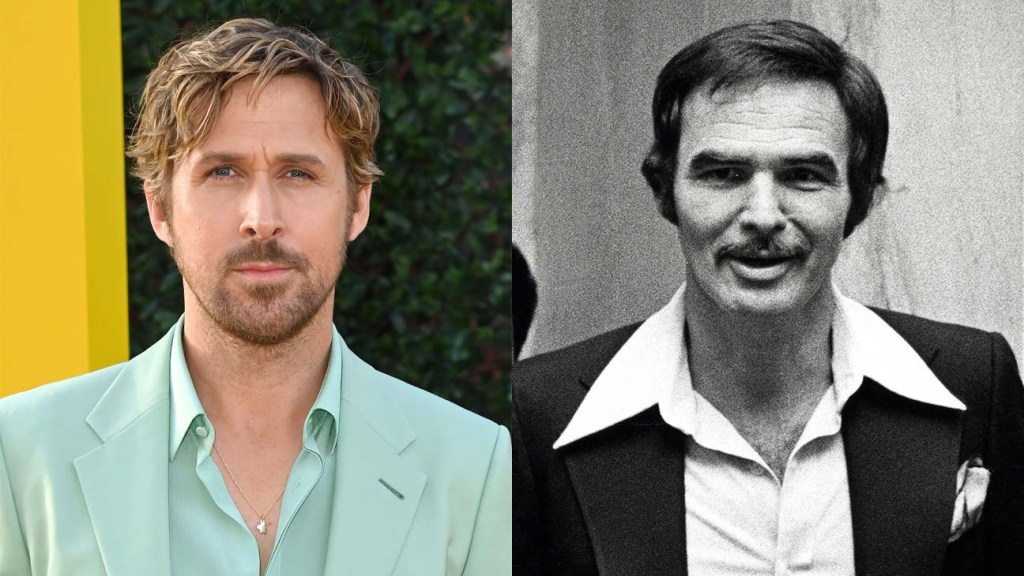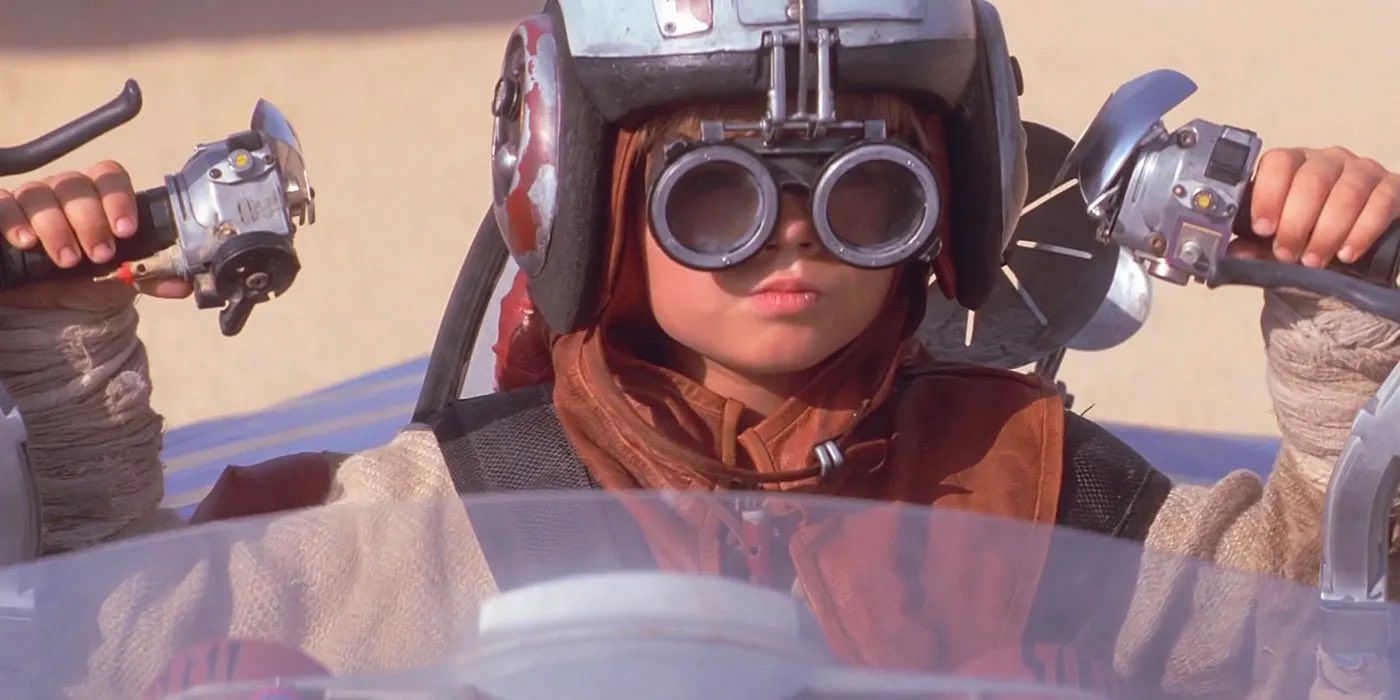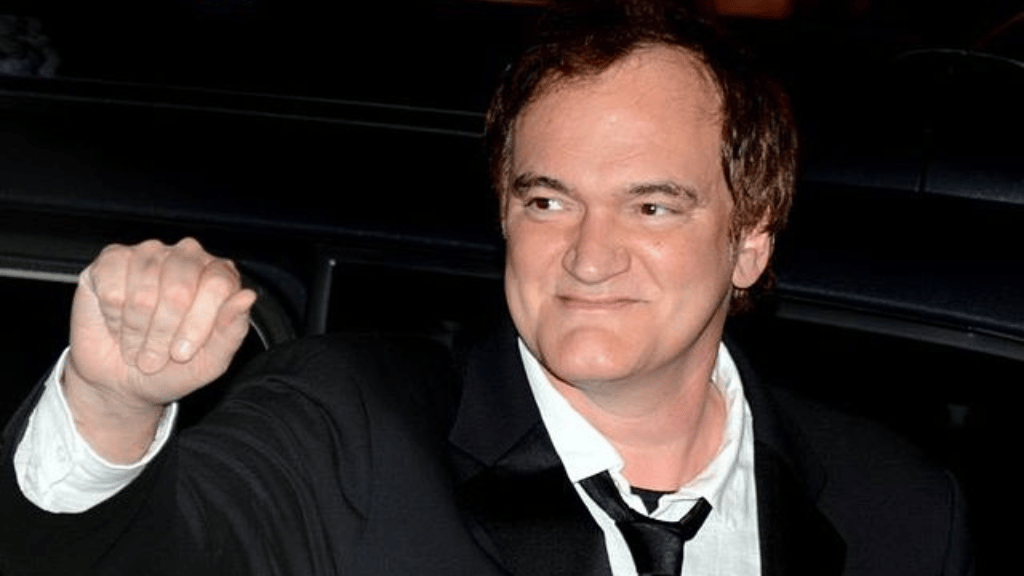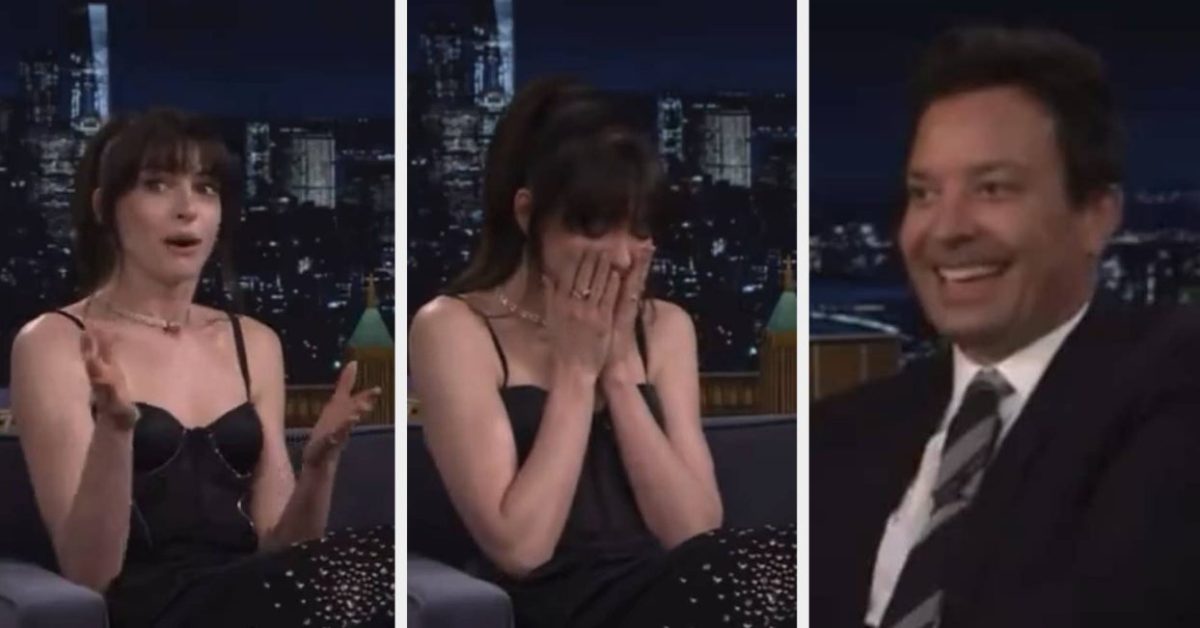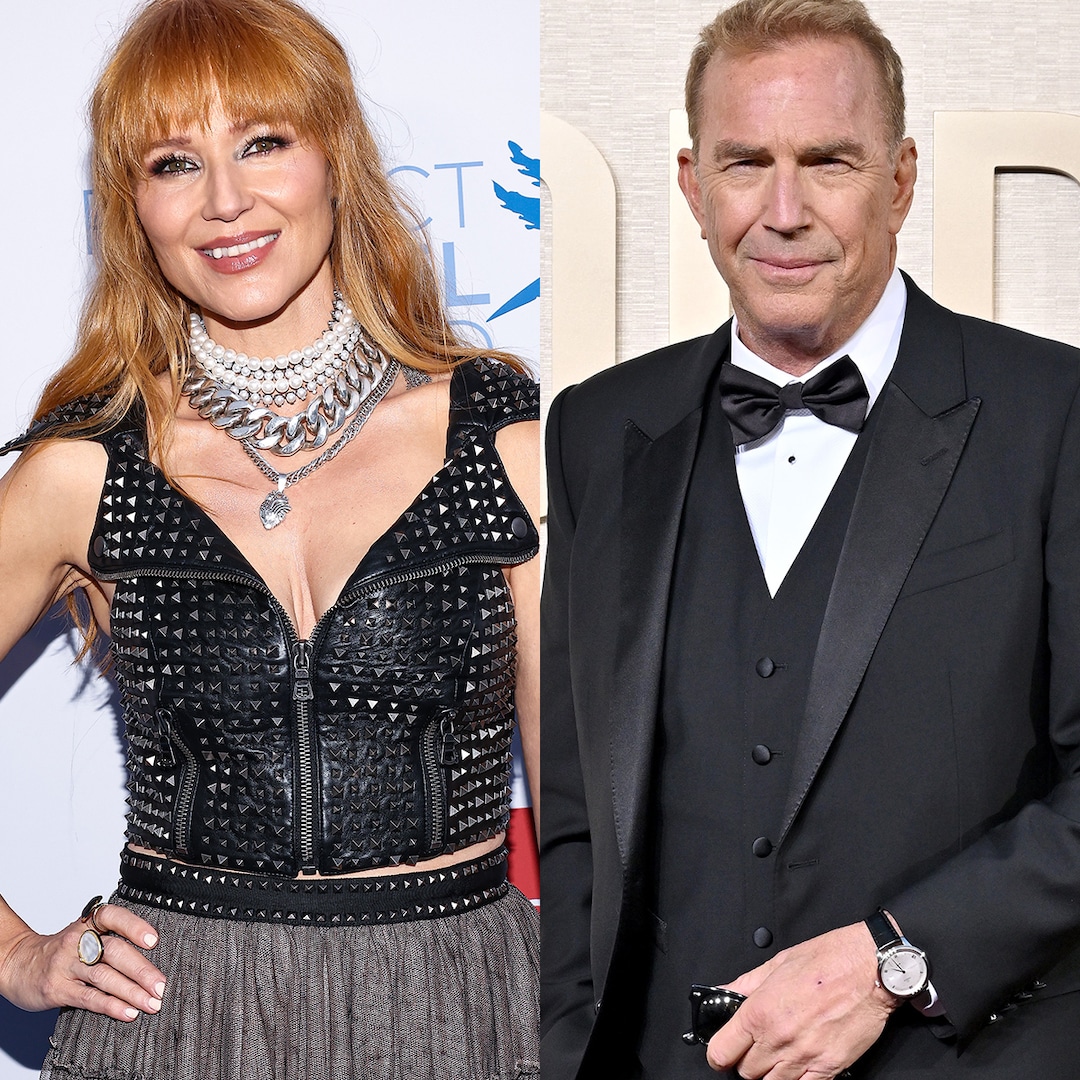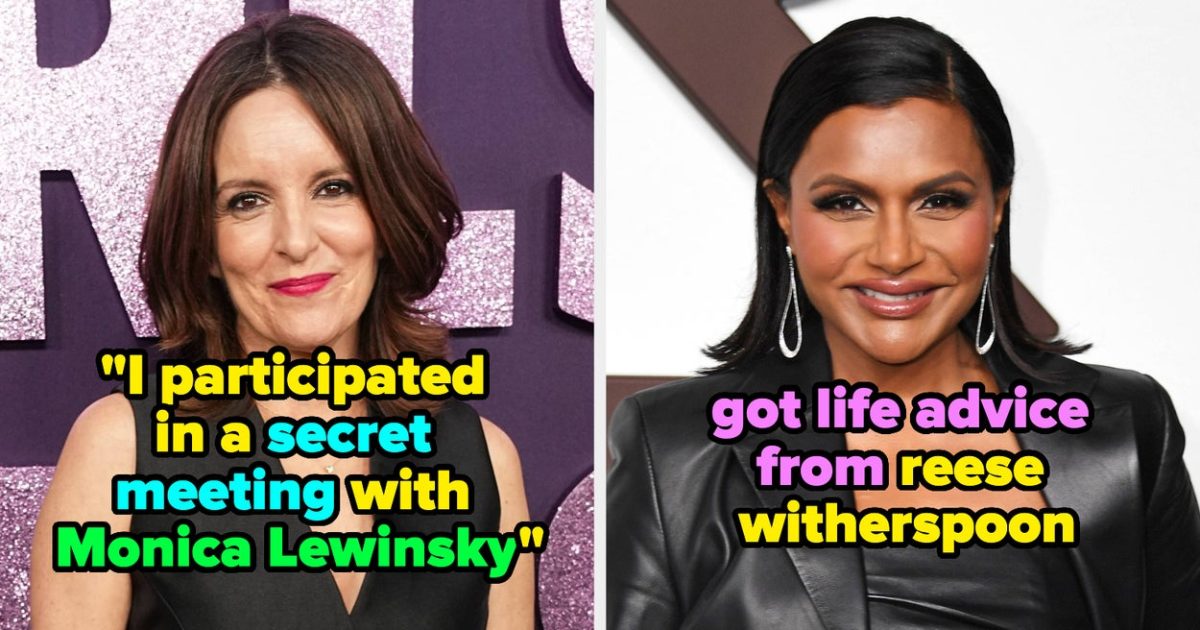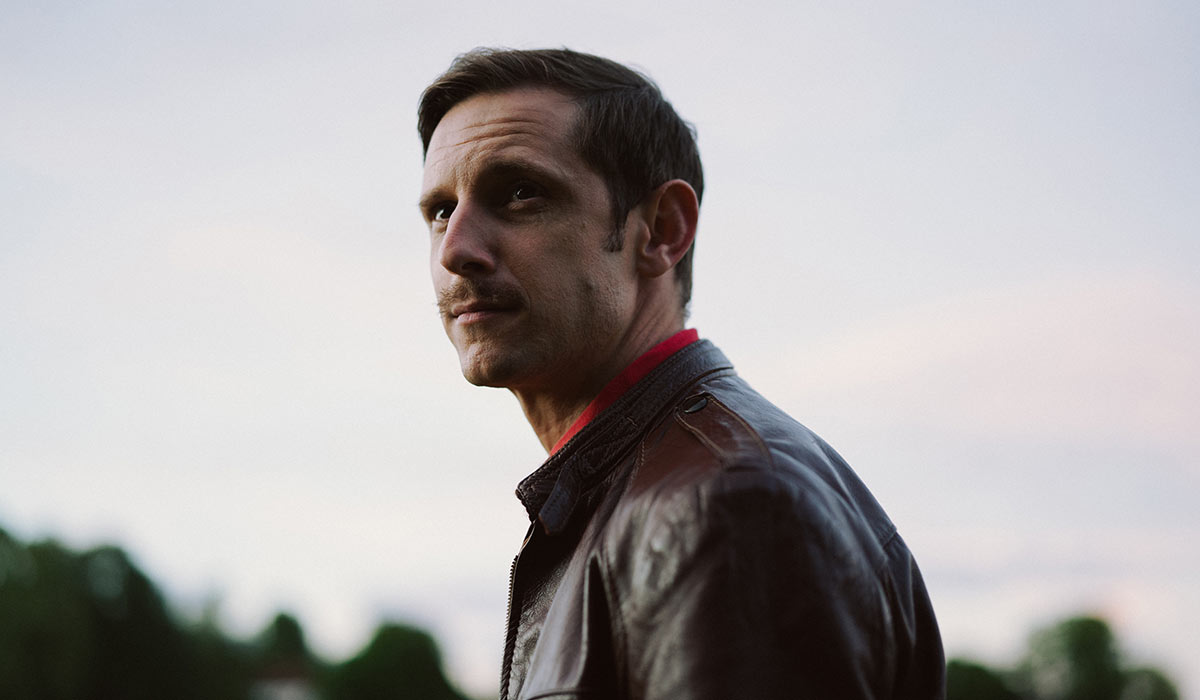
Jamie Bell Plays The Father He Never Had In ‘All Of Us Strangers’ [Interview]
Dec 21, 2023
Surprisingly, Andrew Haigh‘s celebrated new drama “All of Us Strangers” is full of “firsts.” It’s the first time longtime friends Claire Foy and Andrew Scott have been in a movie together. It’s the first time Paul Mescal has portrayed a gay character on screen. And, for Jamie Bell, it’s the first time he’s spoken publicly about how growing up without a father influenced his performance as a dad on screen. Moreover, it’s a personal connection that was so important Bell volunteered it.
READ MORE: “All Of Us Strangers”: Yes, Paul Mescal wanted a “Hot and exciting” sex scene for you, the audience [Interview]
Adapted from Taichi Yamada‘s Tokyo-set novel “Strangers,” the movie version is set in contemporary London and centers on a lonely middle-aged screenwriter, Adam (Scott). Experiencing writer’s block, he takes the train to the outskirts of London to see his childhood home. Shockingly, he runs into a man who looks strangely familiar. That man turns out to be his father (Bell), who looks exactly as he did almost 40 years earlier before he died in a car crash. As implausibly Adam reunites with his father and mother (Foy), he is able to have conversations with them he’d only dreamed of as a child, a teenager, and an adult.
As Adam’s father is such a distinct character different from Bell’s everyday persona, The Playlist asked Bell what his inspiration was for his portrayal. The answer was somewhat unexpected. Without hesitation, Bell remarked, “All the men in my life who were not my father who kind of became versions of my father because I grew up without one.”
Bell continues, “So, men in my life were really important. They still are. I’m always kind of seeking them out most of the time in the directors I work with or those kinds of relationships [are] really important to me. So, people like my grandfather or my uncle or my godfathers, men of that time and that age. They’ve all kind of amalgamated into something. And then you’re performing a scene where a dad sits down and says ‘I’m sorry’ to a son, which is kind for so long it’s been the thing that you’re most craving and most seeking. So, in so many ways it was like a great therapy, a great catharsis, a great kind of filling in this blank. Yeah, it is bizarre. I mean, it’s impossible to not bring your own story to stuff, especially stuff as personal as this. I certainly did. I can’t speak for the rest of [the cast], and I didn’t want to burden it with that story, but I was like, ‘How can I do a scene where I say sorry to his father when I don’t have…’ Of course, that’s going to inevitably be a part of it. It has to be.”
This sort of response is an illustration of why “Strangers” means so much not only to Haigh, who has his own personal connection to the material but to the rest of the cast as well. This is a rare experience for most actors. And the fact Bell is so willing to share it is a testament to what the movie means to him.
Throughout our conversation earlier this month, Bell reflects on the benefits of shooting the sequences in the film with Foy and Scott first, his one acrobatic scene with Mescal, filming in Haigh’s childhood home, whom he sent to check out the movie for him (he still hasn’t seen it), an update on his “Fred & Ginger” project and much, much more.
Note: There are inherent spoilers about “All of Us Strangers” in the context of this film, but not major ones.
____
The Playlist: So the script’s on your way. What did you think?
Jamie Bell: It’s an Andrew Haigh film. I’m a big Andrew Haigh fan, and all of these people are attached. You would be a f**king idiot to not do this movie. I think it’s just really simple. But then when you read the material and you see how profoundly personal, profoundly moving, obviously it’s moving, but just how well observed it is. Some of these scenes could be cliche as f**k, and somehow he navigates this in his only his way, his Andrew Haigh way, of finding the complexity in the messiness of it and the cruelty of it.
I saw Claire mention somewhere, I don’t know where it was, about how she had some very logical questions about the parents like “How are they there?” Did you think that too? Was that something you felt like you could ask?
Because I’m playing him as alive, so I’m just not even considering it. I’m like, “he’s alive” because it’s easier for me to accept. Because if I start going down that rabbit hole, I’m like, “But what was I doing before Andrew showed up here?” And then I’m like, “Oh, well the possibilities are endless.” I have no idea. “Was I in this space? Am I in another space, and then come down [to Earth]?” And the other thing is Andrew Haigh’s not interested in it. He’s just genuinely disinterested.
But they’re aware. They say things like, “We have to go.”
Sure, sure. The time is running out. But I think they’re in denial of that.
You think they are too?
Yeah, I think they’re kind of going, “I don’t know how this has happened, but don’t say it out loud because it might disappear.” I think that was what I had in my head.
Interesting. O.K.
Yeah, yeah, yeah. So, there’s that scene on the bed towards the end where me and Claire are like, “You say it. No, you say it,” and then I’m going like, “Son, we’re going to have the talk.” He’s actually kind of like for the first time going, “Oh, this is going to end now. Oh, God.” And then it’s unbelievable. They go out, and it’s crazy. They take a cab, they go to a mall, they sit in a restaurant. We’re breaking all the rules now.
But the mall looks like it could have looked like that in the ’80s.
In the ’80s, yeah, which is intentional as well. Yeah.
So it’s all playing with your head. Maybe. You’re born and raised in the UK. Did you base your character on anyone? Was there someone that you knew? Because he does seem very different from you and how his manner and how he talks.
All the men in my life who were not my father who kind of became versions of my father because I grew up without one.
Oh, I’m sorry. I didn’t realize.
Yeah. No, no, not at all. So, men in my life were really important. They still are. I’m always kind of seeking them out most of the time in the directors I work with or those kinds of relationships [are] really important to me. So, people like my grandfather or my uncle or my godfathers, men of that time and that age. So, they’ve all kind of amalgamated into something. And then you’re performing a scene where a dad sits down and says “I’m sorry” to a son, which is kind for so long it’s been the thing that you’re most craving and most seeking. So, in so many ways it was like a great therapy, a great catharsis, a great kind of filling in this blank. Yeah, it is bizarre. I mean, it’s impossible to not bring your own story to stuff, especially stuff as personal as this. I certainly did. I can’t speak for the rest of [the cast], and I didn’t want to burden it with that story, but I was like, “How can I do a scene where I say sorry to his father when I don’t have…” Of course, that’s going to inevitably be a part of it. It has to be.
So I know Andrew Haigh hasn’t talked about it very much, but he did bring it up with me in a Q&A that we did about a month ago. He revealed that while he was making this, his own father went into assisted living care. As an actor, did you feel like your character meant more to him than maybe anybody else? Did you feel any pressure, I guess, in that way?
No. I didn’t even know that was even happening until I think I saw something on The Playlist or something.
Oh, wow. Okay. He never mentioned it?
He has never spoken to me about it personally. I’ve had emails from him where he said that that scene in the lounge was really moving to him and that it’s a really important scene for him. But no. I’ve heard him talk about I am his dad in more ways than I think I know and that I think even he realized when he cast me in it. But he never came to me with, or any of us I don’t think, with, “Well, this is what my parents were like.” He completely gave us this space to bring ourselves to it, and what a graceful thing to do.
Before production began Claire knew Andrew Scott pretty well. Was there even time for rehearsals? Or did you just block it all out on set?
I mean, there was one little meeting in a hotel room where I think it was just more so Andrew Haigh had seen us all together in one room before we started filming. Honestly, I think it was just, just f**king make sure it works from just an aesthetic point of view, like, how’s this going to work? And he definitely had hesitations, I think. If you talked to him about it, I’m sure he would tell you that. He was taking such a leap of faith with it. It’s such a crazy concept of casting younger people to play [Adam’s] parents, and you’ve got Billy Elliot and the Queen, and is that going to work? What the f**k? This is crazy. So he was so open about, “I hope it works.” That’s a great thing about him. He’s so honest. He’s so open and so keeping of himself.
Blunt.
Yeah, yeah, yeah. Just honest. And I think that could go a long way. He had a lot of doubt, but we would never feel like, “Oh, he’s not in control of it.” He was curious about it. And that curiosity, I think, throughout kind of gave it more, gave more to it in a way.
So I found out today that you, Claire, and Andrew shot all your scenes together before Paul showed up.
Yeah.
So you were also sort of making your own movie a little bit at first.
Exactly.
Did that help in any way?
I think it helped Andrew a lot, Andrew Scott I mean, to have this baseline, this history of a relationship between these parents, because so much of it is him reminiscing of all times. And when we were gone, we were gone. So, when he’s remembering them, he’s remembering the first two weeks of filming. I’m sure that that was probably really helpful. I would imagine it would be to have gone through all that stuff versus shooting it simultaneously, to have had that experience fully. We did the diner scene…
Was that the first scene you shot?
No, no, it wasn’t. It was the last thing that we all shot together. So we shot that, and then me, Claire, and Andrew went to get dinner after work, and then we said goodbye, and that was it. We never saw him again. And he went and made the film.
But did Andrew Haigh make sure that the first scene you shot is the scene where Adam meets his parents again as an adult?
Yeah. So the first scene was him coming into the home for the first time. We sat at the table, and we have a drink. That was kind of the first day. And only someone as sensitive as him would do that. It’s very nice.
It is, yeah. Did you leave that day going, “O.K., this is gonna work.”
The first hour or two, it was like, “Ooh, what is this? This is odd.” But everyone talks about the age difference. I don’t really see Andrew Scott as being that different in age from me.
No, you all look the same.
Yeah, he looks good, which helps.
Which helps.
Yeah. And I’ve been through a lot, so I’m like old leather.* So, about a couple hours in, I remember Haigh, I think we maybe finished the first scene, and he just came up and he just said, “You are his mom, and you are his dad. And I don’t know how to explain it or why it makes sense,” but he’s just like, “I’m not questioning it.” And that was it. And we just kind of went with it, and it felt right.
*Note: Jamie Bell has excellent skin. Living in California doesn’t hurt.
One of the great things about the movie for anybody who is Queer or LGBTQ, is that you’re the flip side of what most people expect. Most viewers expect the mom to be so understanding about Adam being gay and the dad to be tough about it. And that’s not the case here. Still, your character has a lot of guilt over not comforting his son as a child? Did you read that on the page? Was that something that you felt that Andrew wanted to emphasize?
Oh yeah, it’s certainly all there. And certainly, as a parent of three children, I totally understand what it means to kind of go, like, “I could have done better there. I handled that situation wrong.” And imagine so many years of distance in between and then seeing your child older than you are, and now kind of seeing the fruits of those failures and the fruits of the flaws that you have fully born out where someone can’t even cross their legs without a sense of shame because of the s**t you used to say to them. Oh my God. As a concept, when I first read the script, I was like, “This is a terrifying prospect.” And God forbid this would’ve actually happened to a parent who’s just devastating, devastating. So,I knew the power of, not just that scene, but all those scenes would really have because it was so fully loaded with grief and guilt and the reckoning of it.
I also recently discovered that you were shooting in Andrew Haigh’s actual childhood home and that the production designer had made the rooms look…
Exactly like it [was when he was a kid]. Yeah.
Did that help? Did it feel weird? I feel like it’s so rare that I’ve heard of this experience of a filmmaker making something so personal in this manner, I guess.
I mean, what a gamble? What a risk? What a risk, but in a brilliant way creating this space for us, which was just so magical. Because when you work on a studio set and you walk out and you’re like, “Oh, it’s a studio.” That house [we shot in] is so tiny. It’s so teeny tiny.
Oh, it’s tinier than it looks onscreen?
Oh my God, it’s tiny. So anytime they’re getting equipment in that, it was like, “All right, everyone back out.” I think Andrew would be in a kitchen somewhere like this looking at a monitor. It really created this incredibly intimate space. And Claire talks about this a lot where it’s like, for some reason everyone had the same s**t in England. So, there was stuff in the house that I recognized that I was like, “Oh, my grandma had that clock.”
Oh, wow.
That exact clock. We had that, whatever the thing, the tea cozy that goes on the teapot. So Andrew’s childhood is now suddenly your childhood. And so it’s all kind of cyclical in a way. And it must’ve been crazy. Have you talked to him about it?
Oh yeah.
Did he tell you that he got eczema?
That Andrew Haigh did?
He used to get eczema as a kid, and then he never got it as an adult. And then the second night he went back into his house and started making this film, he started getting eczema again.
Stress.
He was having some physiological emotional response to it, which…
Also could be mold in the house.
Also, we’re all dying of skin disease.
Yeah. I did want to ask, so as far as I’m in my mind, you did shoot a scene with Paul Mescal, right?
One in a bed.
Right. So you flip out, and he comes in.
I flip out. Yeah. So he’s in his underwear. I’m kind of in my underwear, and we kind of rotate on top of one another. And somehow he ends up on top.
Quietly.
Well, as quietly as you can in a creaky old f**king bed in a creaky old house.
As they time it.
As they’re doing brilliant performances in one take in five phases of dialogue. And you’re like, “Please God, please don’t make a f**king noise or move the bedclothes.” I actually really enjoy s**t like that. It’s a closest thing. Because we’re all together, we’re all doing something. So, when you get it right, it’s that sense of achievement, of course. But yeah, that was the only day I spent on set with Paul. It’s the only time we met.
I also got to ask, I heard through the grapevine that you haven’t seen the movie yet?
I haven’t.
I heard that someone went to see it for you.
No. So yeah. I sent Kate, my wife, to see it. Yeah. Because here’s the thing. I’ll feel like I f**ked it up, and I just can’t handle that. So Claire, I was talking to Claire, and Claire’s brilliant. She’s been so f**king great with me. We’ve had such really lovely conversations about our lives and everything. And many people have said, “You need to just get over it.” Like, f**king, but I’ve been doing it since I was a child.
Oh, I see. No, I get that.
But she was like, “All you need to do is, you’re not [in it] that much, just fast-forward through it. You’ll be fine. Just fast-forward through it. You know what the scenes are. But just fast-forward through it.” And that’s probably what I’ll do.
So if you ask your wife to go see the movie – not that she would lie to you – but how do you know that she actually thinks it’s good? Does she give anything away?
Yeah, because she’s usually, like there’s a little bit of angst, because she’s like, “Yeah, it’s f**king good. You’re in a great movie.” You know what I mean? And I would be the same. I’d be like, “Yeah, it’s really f**king good, and you’re good. Yeah, great. Well done.” But a lot of people, friends of mine, some of them who are gay and have very specific reactions to it, and people who are really, really tough and people whose taste I trust implicitly have had such overwhelming feedback that it’s really nice to me. It’s something that affects people.
I was going to say that I hear so many people who aren’t LGBTQ or whatever, they go see the movie, and it’s actually the family part that breaks them down. And I just hope for your experience, you can look in a corner in a theater and just see people so moved by what you guys do because it is so great. Not every movie is like that.
No, no. I fully agree. I’ve made films that really suck.
I don’t believe that. [Laughs.]
It did not hit or didn’t connect. But I carry this movie with me every day. I carry it with me when I’m taking care of my kids. I carry it with me, that memory, that reckoning of that thing of, not as a warning, but just as make love your goal. It’s just like, being there for them. And you’ll get it wrong sometimes, and that’s a lot of pressure. But just having that memory of these things, these sponges are so vulnerable, and they’re really looking to you to have the answer. And it’s okay to tell them, “I don’t have it.”
One last one for you, is the “Fred & Ginger” movie still happening?
Yeah, so we’re hoping to do it next summer.
O.K.
It’s one of these things, like, it’s so funny that being on the other side of this stuff and doing pitches and getting green lights, and then those green lights turn to yellow ones, and then strikes happen and pandemics happen, and then you lose people because people are doing other things and you’ve got to wait for their windows and stuff. It’s a f**king nightmare. But I kind of leave those things up to the movie gods genuinely. I’m like, “If it’s meant to happen, it’s meant to happen. And if it will be, it will be.” And I love the script. I love the team that we have, and I’m confident that it’s going to happen, but we’re in a really tricky business.
“All of Us Strangers” opens in New York and Los Angeles on Friday.
Publisher: Source link
Jimmy Fallon Praised For Saving Anne Hathaway From Awkward Moment
Anne explained at the movie’s premiere at SXSW: “For some reason, we talk about coming-of-age stories as being something that happens to you in the earliest part of your life, and I don’t know about you, but I feel like…
May 5, 2024
Jewel Shares Cryptic Message on Love Amid Kevin Costner Dating Rumors
Jewel's message on true love is a diamond in the rough. Although the singer—who rumored to be dating Kevin Costner —is continuing to play coy on their relationship status, she did recently reveal why she's in such a good place in life right now. "I…
May 5, 2024
14 Famous People Name-Drop Celebs In Memoirs
14 Famous People Name-Drop Celebs In Memoirs 1. In her memoir, Rebel Rising, Rebel Wilson shared that she thinks Adele actually hates her. “Some actresses would get offended if I called them plus-size in this book, so I have to…
May 4, 2024
Nordstrom Rack is Heating Up With Swimsuit Deals Starting At $14
We independently selected these deals and products because we love them, and we think you might like them at these prices. E! has affiliate relationships, so we may get a commission if you purchase something through our links. Items are…
May 4, 2024
